
Sustainability is not only a noble cause to be talked about but an ethical practice that needs to be followed by the fashion industry. Not to mention, the obligation has now become a need. The simple reason is that it was not implemented when the fashion industry started booming. If this essential step were brought into practice from the beginning, there would be no need to take an additional step to undo the harm the fashion industry does to our environment now.
But as they say, better late than never. Adhering to this, the fashion industry has started to realize and reduce the adverse effects on our environment. To which consumers, especially the youth, have embraced consciously and gently. However, there is a slight change in consumer behavior. Regardless, it is quite conspicuous how social media has played a vital role in promoting trends, a.k.a. fast fashion, into the minds of many.
Now the question arises— can the youth follow sustainability and fast fashion parallelly, leaving no room for differences in this oxymoron statement? We no longer want you to linger on this debate; hence, we will discuss it below.
What Do We Mean by ‘Fast Fashion’ and ‘Sustainability’?
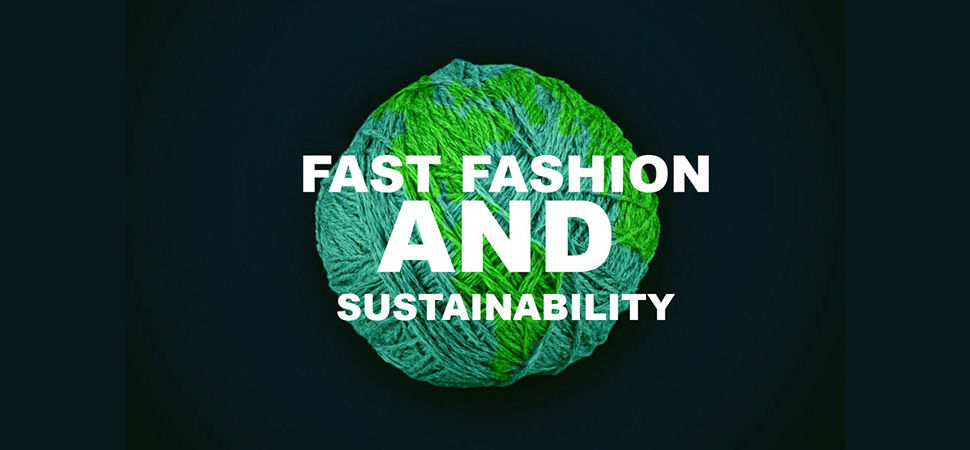
Regarding fashion, two terms are constantly thrown around: fast fashion and sustainability. But what exactly do these terms mean? And can they truly coexist?
Before we debate whether fast fashion can be sustainable, let’s first define these terms. Fast fashion refers to the cycle of quickly producing and consuming inexpensive, trendy clothing in response to current fashion trends. On the contrary, sustainability involves establishing a system that can be upheld without harming the environment or depleting resources. It encompasses the notion of long-term viability and responsible resource management.
Environment Pays a Higher Price For Cheaper Clothes
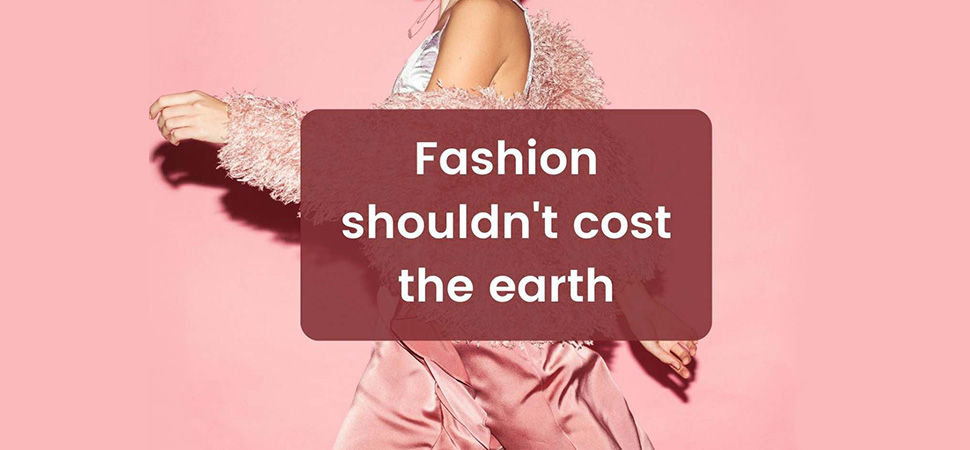
Peer pressure and affordability are two prime reasons—consumers are attracted to the fast fashion concept. While fast fashion retailers allow consumers to keep up with ever-changing trends and consumer demands at an affordable price, it comes at a cost to the environment. Fast fashion production involves heavy use of natural resources, resulting in large amounts of waste and pollution. This ultimately leads to negative impacts on our planet.
What are the Major Issues?
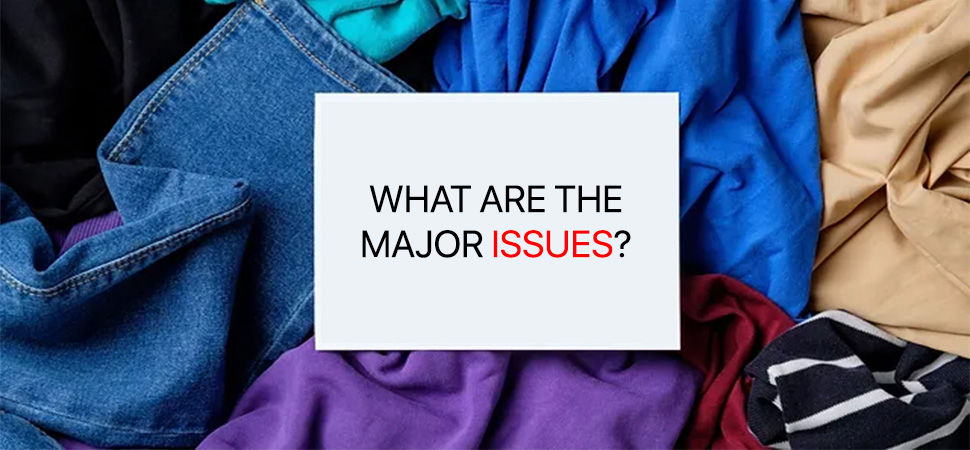
There are several leading issues when it comes to fast fashion. First, the demand for cheap, trendy clothes fuels overproduction and overconsumption, which leads to wasteful practices. Second, many fast fashion brands do not prioritize ethical and sustainable production methods. Furthermore, there is a persistent requirement for enhanced transparency within the supply chain, posing a challenge for consumers to ascertain the genuine cost of their clothing items.
How Can Technology Help?
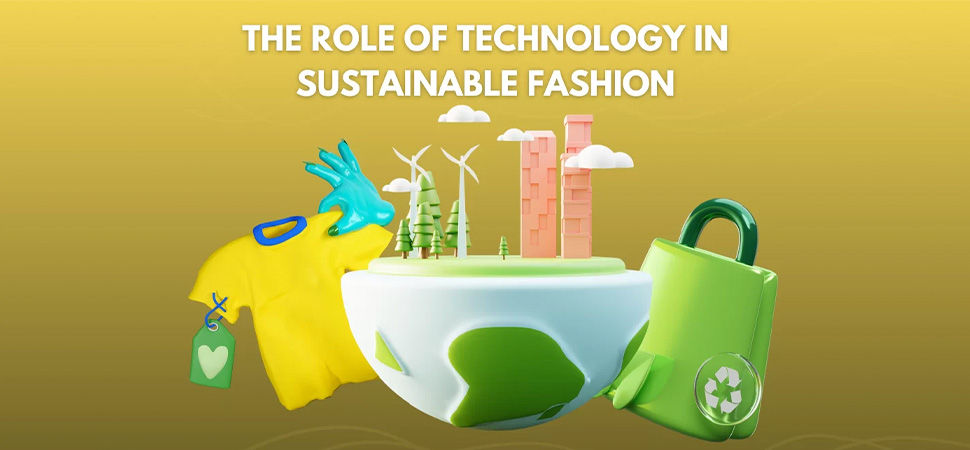
Technology has played a requisite role in shaping the ascent of fast fashion and the drive toward sustainability in the fashion industry. On one hand, technology has enabled fast fashion to produce and reach consumers much quicker. However, on the other hand, technology has also allowed for innovations in sustainable materials, production methods, and supply chain transparency. Suppose you want to know how technology can help you adopt sustainable fashion. Then, the information below is just an instance of how tech will help you become more conscious of sustainable fashion.
Using radio frequency identification (RFID) for your warehouse or retail establishment lets you track stock levels, preventing wastage easily. It also enhances accuracy in shipping the right products to the correct locations. RFID facilitates efficient product movement by coordinating fashion products based on sales data and location, reducing waste, and accelerating delivery between warehouses and retailers.
3 Problems with using ‘Fast Fashion’ and ‘Sustainability’ in the same sentence

While it may seem like fast fashion and sustainability can coexist, there are three major problems with using these terms in the same sentence.
- Fast and cheap can’t usually be sustainable: The very nature of fast fashion goes against sustainability principles. It relies on producing large quantities rapidly, often sacrificing ethical and eco-friendly practices for lower costs.
- Overconsumption: The constant cycle of buying and discarding cheap, trendy clothes leads to overconsumption and waste. This is not sustainable in the long run.
- Greenwashing & hijacking conversations: Many fast fashion brands have jumped on the sustainability bandwagon, using buzzwords and greenwashing tactics to appear more eco-friendly than they are. This can shift the focus away from real sustainable practices and create confusion for consumers.
Why are Young Shoppers Investing Sustainably?
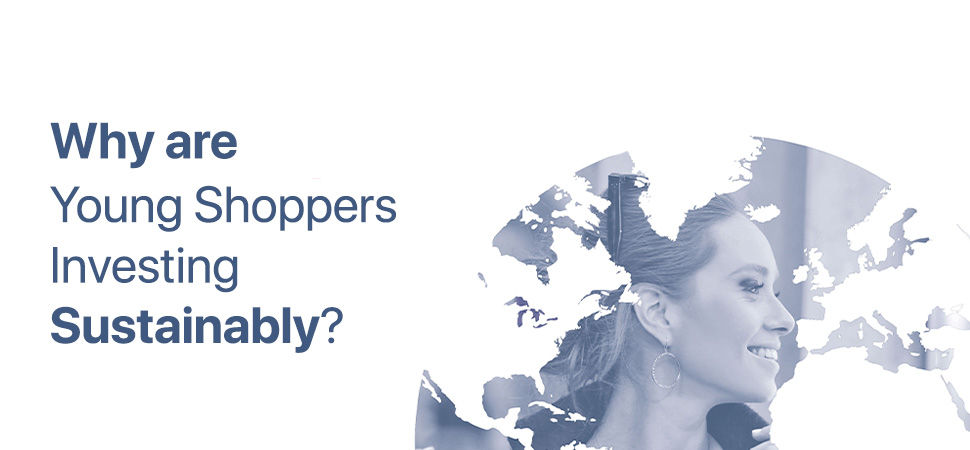
Despite the challenges, more and more young shoppers are choosing to invest sustainably. They prioritize quality over quantity, support ethical and eco-friendly production methods, and see their purchases as a form of activism. By investing in sustainable clothing brands, they are making a statement about what kind of world they want to live in and supporting brands that align with their values. So, is fast fashion truly sustainable?
The verdict is out—a straight No. However, one thing is certain—there is a growing awareness and demand for more sustainable practices in the fashion industry, and it’s up to both brands and consumers to make a positive change. So, next time you’re shopping, consider the impact of your choices and support clothing brands working towards a more sustainable future.
We have shed some light on the complex relationship between fast fashion and sustainability. As consumers, we can drive change in the industry by making conscious and informed decisions about our purchases. Let’s work together towards a more sustainable and ethical fashion industry for the future.
Remember, fashion can be fun and empowering, but it should never come at the cost of our planet. So, let’s choose to support brands that prioritize nature and continue to educate ourselves on ways we can make a difference in the fashion world. Together, we can create a more sustainable and stylish future. Keep being fashionably conscious!




